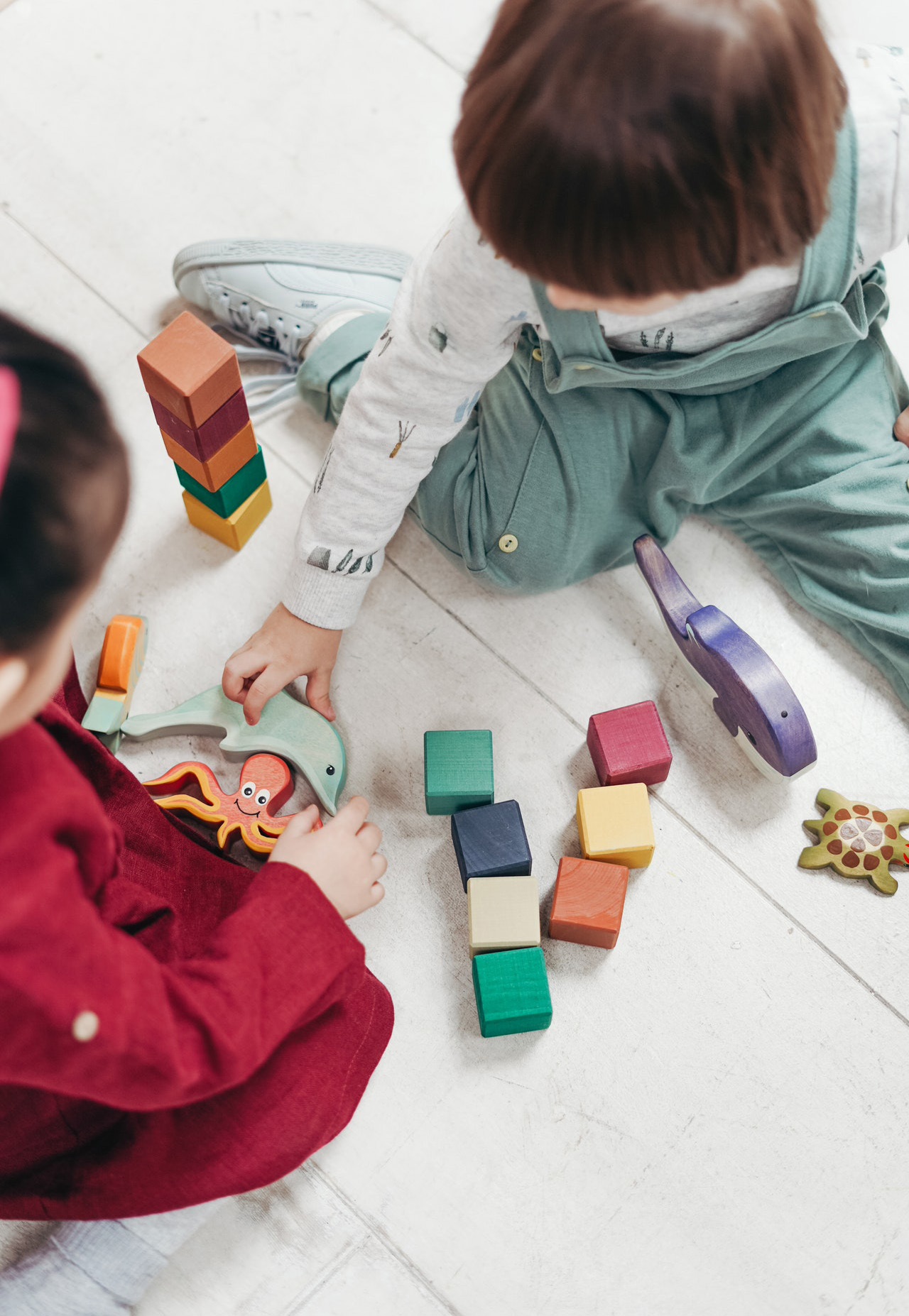Our Quality, Qualification & Competency of Skill Assurance
On 3 October 2024, changes to NDIS legislation came into effect. This includes the new definition of NDIS supports, and the allowable NDIS supports list and the professionals of whom can deliver supports.
- AQF Level 7 or above in Mental or Allied Health
- Registered with the appropriate governing board
- Experienced, skilled, and competent working with children and families
At Play Therapy Melbourne, we are dedicated to supporting NDIS participants, their families, and carers in navigating recent changes with clarity and confidence.
We reassure you that all clinicians providing therapeutic services to our clients in our clinics, and in community-based settings at minimum meet, however oftentimes exceed the required Australian Qualification Framework (AQF) of Level 7 or above in a Mental or Allied Health discipline.
Each is a recognised Mental or Allied Health professional, registered with the appropriate governing board.
As a long standing NDIS Registered Providers, we have always prioritised the experience, expertise, and professionalism of our team. These recent changes will not affect the quality or continuity of support you receive, our commitment to excellence remains unchanged.
Each team member at Play Therapy Melbourne is carefully selected to not only satisfy NDIS requirement, but also meet our internal standards, undergoing rigorous screening to deteremine suitability for experience, competency, and care, ensuring they are confidently able to support your child with competency and compassion, and to ensure the highest quality of therapeutic support for every family.




